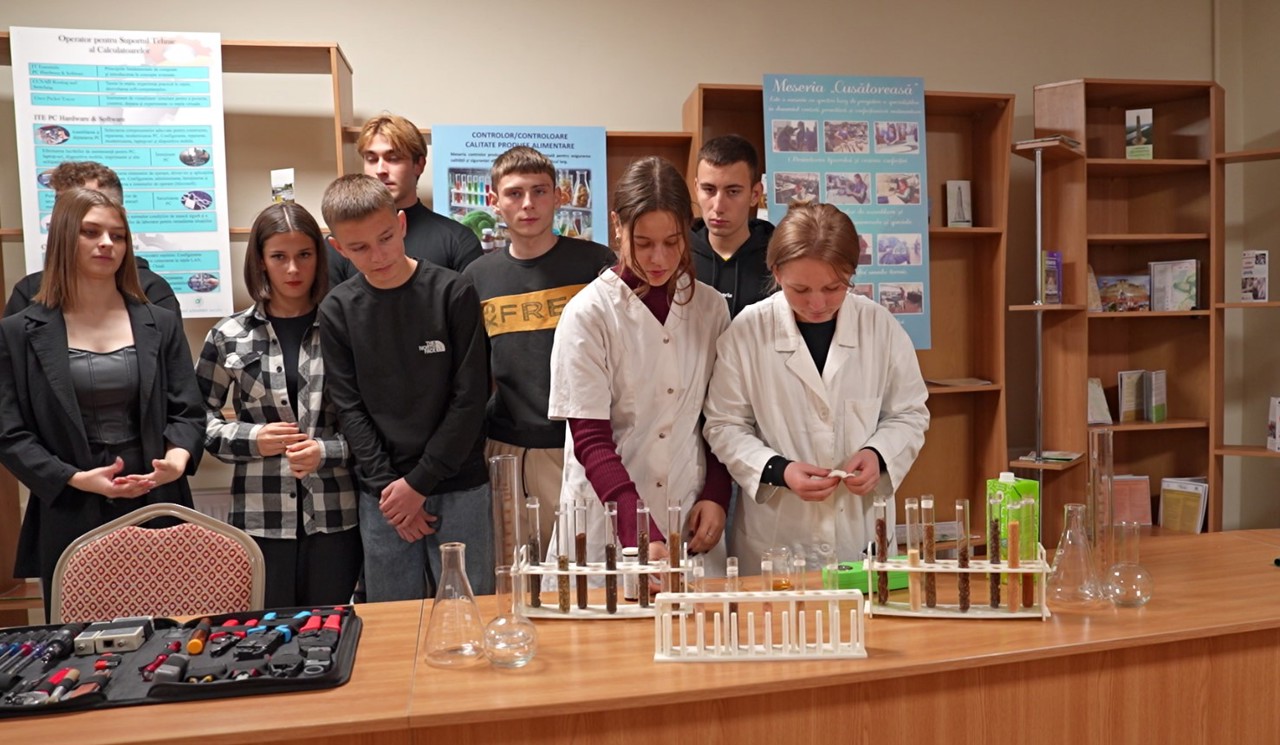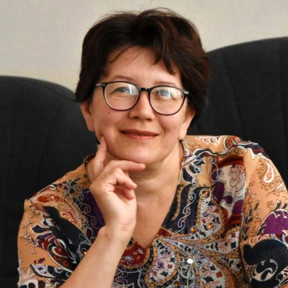Vocational forum in Soroca builds pathways for youth employment
A recent vocational forum in Soroca, Moldova, brought together students and local employers in an initiative designed to offer young graduates well-paying jobs within the country, thereby helping to reduce the trend of youth migration.

Held under the theme "Efficient Partnerships Today - Skilled Workers Tomorrow," the forum was organised by the vocational school in Soroca. Over 20 employers from diverse industries, including public catering, trade, and transport, participated in the event, presenting job opportunities and outlining training programs for the attending students. The vocational school has around 200 students, many of whom are eager to find stable employment locally rather than seeking work opportunities abroad.
The forum offered a platform for students to meet potential employers and gain insights into the specific skills needed in the local job market. Ivan Luța, director of the Soroca vocational school, highlighted the significance of this event, noting its role in aligning educational goals with the demands of the local economy. “We can provide a discussion platform between education and the economy, setting clear expectations and fostering partnerships,” Luța stated.
The event comes in response to the increasing challenge of finding employment for local youth. In Moldova, many young people feel compelled to leave the country in search of better opportunities, but the school’s administration and local companies are working to provide alternatives. Graduates from the institution shared their hopes for stable, well-paying jobs at home, with one student expressing, “I would like to work here in Moldova, so I don’t have to go abroad and can earn a good salary.”
Local employers, facing a shortage of skilled labour, welcomed the initiative. One employer noted, “We are ready to hire young graduates, starting from age 16 or 17, offering both practical experience and stable jobs.” Another company representative explained their approach to training, adding, “We provide transport, pay students for practical hours, and offer training to help them develop their skills.”
In recent years, the school has organised periodic meetings with employers to help students transition from education to employment. This forum underscored the ongoing efforts to support youth in finding stable, locally based work.
Translation by Iurie Tataru






